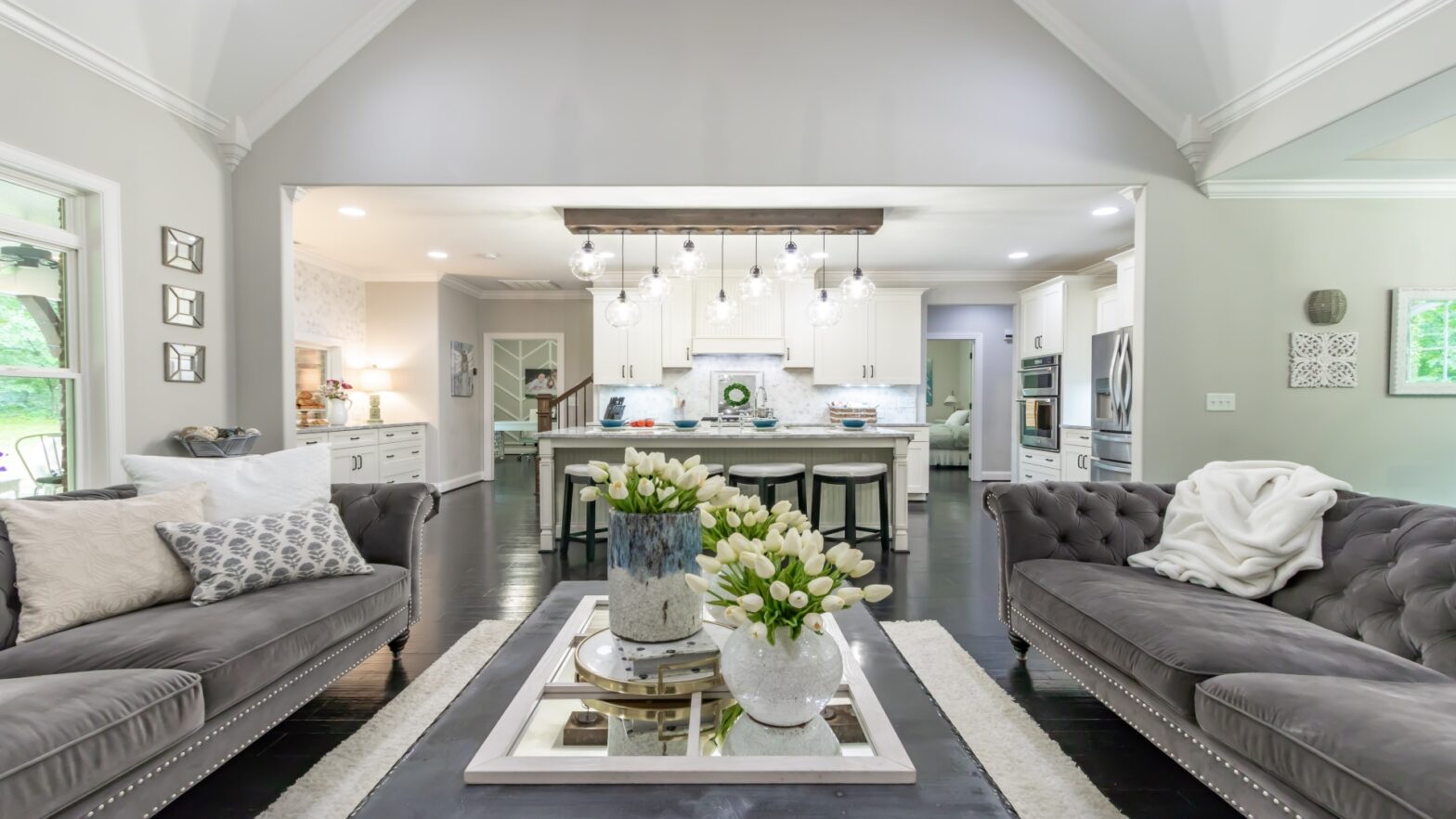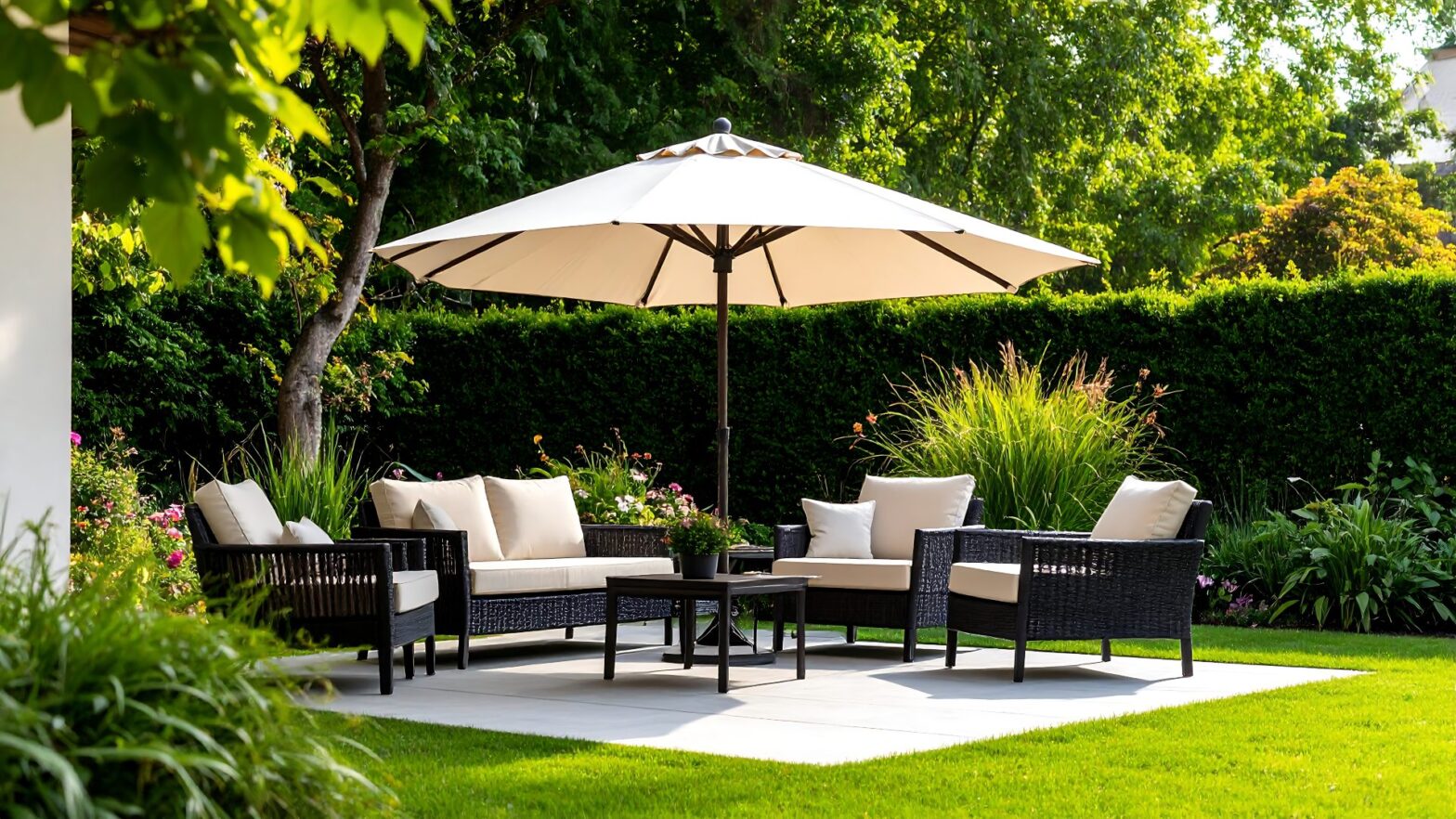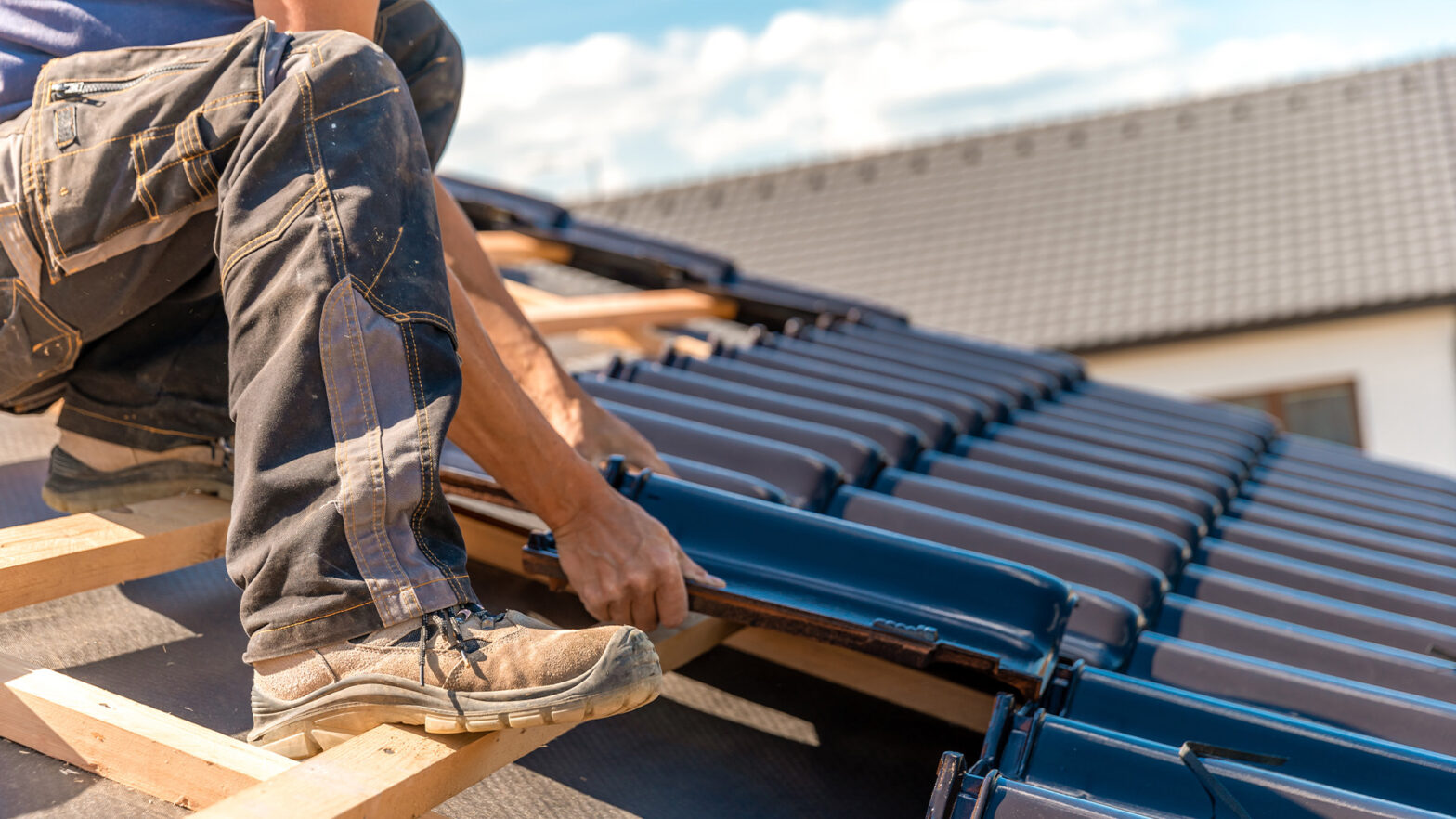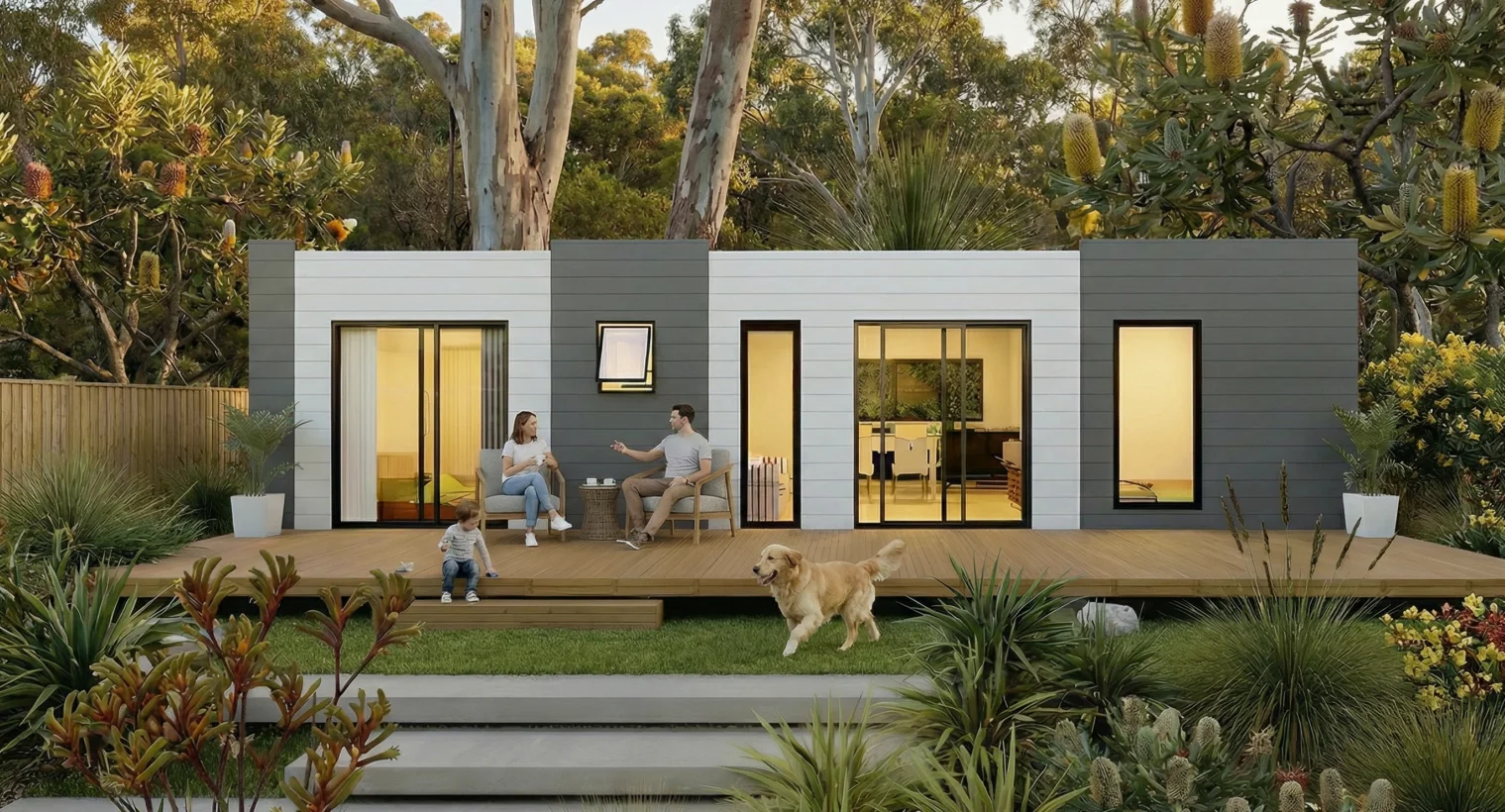Buying a second home is a dream many chase. After all, whether it’s a vacation getaway, a rental investment, or a future retirement spot, owning a second property opens up a world of possibilities. In places like Maui, where turquoise waters meet lush mountains, it can feel like you’re carving out your own corner of paradise. It’s not just a home—it’s a lifestyle.
But while the benefits are real, the challenges are too. Hidden costs, unfamiliar regulations, and rushed decisions can turn a dream into a financial drain.
Here’s how to steer clear of some common second-home buying pitfalls—so you can enjoy your new property with confidence.
Skipping a Clear Financial Game Plan
The excitement of buying a second home can sometimes cause buyers to overlook the basics. Without a well-thought-out financial plan, the dream can quickly turn into a burden. A second property means more than just a mortgage. Buyers often underestimate the ongoing costs—like maintenance, utilities, landscaping, and insurance. Some areas charge significantly higher property taxes on second homes, especially if they’re considered investment properties. Then, there are HOA fees, which can be substantial in vacation communities. It’s easy to think that rental income will cover these costs, but that’s not always the case, especially during low-demand months. It’s crucial to budget beyond the purchase price and account for variable income, market shifts, and unexpected repairs.
Not Hiring a Local Realtor Who Knows the Terrain
Every real estate market has its own rhythm, and no two neighborhoods are the same—especially in areas like Maui. The island is filled with distinct communities, each offering its own mix of amenities, price points, and property types. Without local expertise, you might miss important details that could affect your long-term satisfaction. A local realtor understands which condos for sale Maui offers that align with your lifestyle and goals, whether you’re looking for short-term rental potential or a quiet retreat. They know what questions to ask, what red flags to watch for, and how to guide you toward a purchase you won’t regret.
Overlooking Rental Restrictions and Local Regulations
One of the most common mistakes second-home buyers make is assuming they can rent the property whenever they want. But many destinations—especially popular vacation spots—have strict rules on short-term rentals. Some areas ban them entirely or require special permits, while others limit how often you can rent. Homeowners’ associations often have their own guidelines that add another layer of restriction. Ignoring these rules can result in fines, legal troubles, or forced changes to your plans. Before buying, understand the zoning laws, licensing requirements, and tax obligations. If you plan to use the home as a rental, make sure that’s legally feasible first—not after the purchase.
Falling in Love Without Doing Due Diligence
It’s easy to get swept up in the excitement of a beautiful view or charming decor, but emotional purchases can lead to costly mistakes. Always take time for a thorough inspection. Don’t rely solely on what you see during a showing. Hire professionals to check for structural issues, plumbing and electrical problems, roof damage, and signs of mold or pests. Pay attention to the age of the home’s systems and appliances. Even if the home looks move-in ready, unseen issues could turn into expensive headaches.
Underestimating Maintenance Responsibilities
A second home demands the same care as your primary residence—sometimes more, depending on the location. Salt air, humidity, and even wildlife can create wear and tear. If you’re not living there year-round, small issues can escalate before you even know they exist. Managing maintenance from afar means you’ll likely need to hire a property manager or service provider, which adds to your expenses. The solution? Plan for seasonal work, emergency repairs, and regular upkeep. Ignoring routine maintenance now can cost you more down the road.
Misjudging Travel Time and Accessibility
A second home can look perfect in photos, but if getting there turns into a hassle, your excitement may fade quickly. Many buyers fall into the trap of romanticizing remote locations without considering how difficult or expensive it might be to reach them. Long flights, limited transportation options, and seasonal access issues can turn quick getaways into logistical headaches. If you’re planning to use the home frequently, consider travel convenience as seriously as you consider price or view. Even short delays can feel like a burden when they become routine. Accessibility also matters for emergencies—both personal and property-related.
Forgetting to Insure Properly
Insurance on a second home isn’t a copy-paste job from your primary residence. The location, intended use, and exposure to risk all impact your coverage needs and premiums. Homes in vacation destinations may be more vulnerable to natural disasters like floods, hurricanes, or wildfires. Some insurers charge a premium—or even deny coverage—if the home sits vacant for extended periods. And if you’re planning to rent it out, you may need a separate policy that covers guests, liability, and income loss.
Not Factoring in Resale or Exit Strategy
Second homes often come with more emotion than strategy, but smart buyers think beyond their own use. Ask yourself: What will happen if your lifestyle changes or the market turns? Is the home in an area with stable or growing demand? Will it be easy to sell if needed? Does the style or location appeal to a wide enough group of buyers? Having a long-term view, even if you have no immediate plans to sell, ensures your investment is more than just sentimental.
Buying a second home can offer incredible rewards, but the road to ownership is filled with potential missteps. From unexpected costs and limited access to lifestyle mismatches, each pitfall can take the shine off your dream. But with thoughtful preparation, a realistic mindset, and the right local and professional guidance, it’s entirely possible to enjoy your second home to the fullest.





























